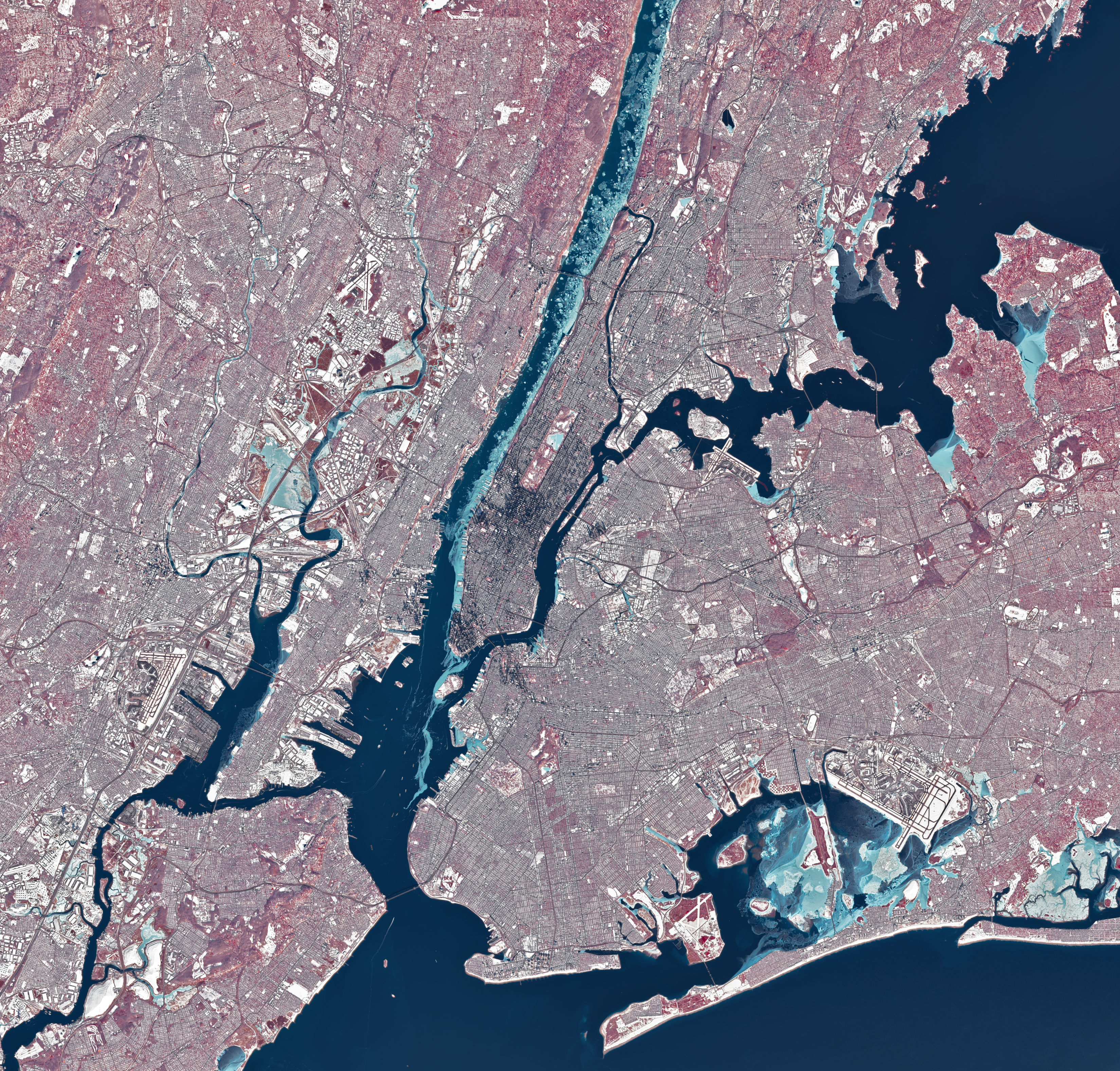Nigeria is responding to successive yellow fever outbreaks, with nearly a three-fold increase in number of confirmed cases in 2019 compared to 2018, suggesting intensification of yellow fever virus transmission. Additionally, there have been cases reported in parts of the country that have confirmed cases for the first time since the outbreak started in September 2017. From 1 January through 10 December 2019, a total of 4,189 suspected yellow fever cases were reported from 604 of 774 Local Government Area (LGAs) across all the 36 states and the Federal Capital Territory in Nigeria.
Of the total 3,547 samples taken, 207 tested positive for yellow fever by Immunoglobulin M (IgM) in Nigerian network laboratories. In addition, 197 samples from 19 states were confirmed positive using reverse transcriptase polymerase chain reaction (RT-PCR). The case fatality rate for all cases (including suspected, probable and confirmed) is 5.1%, and 12.2% for confirmed cases.
Published on December 17, 2019
View on website


















